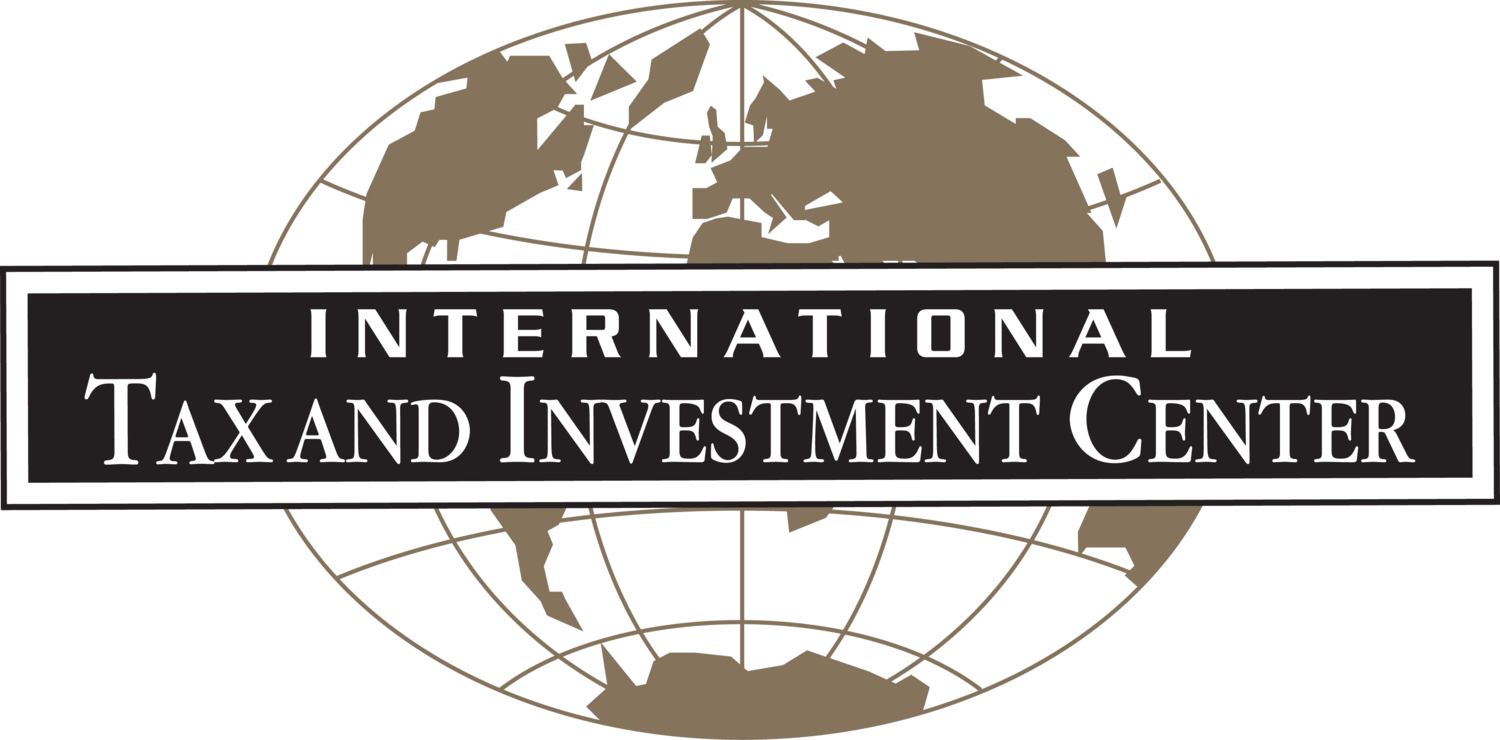The mood at last weekend’s IMF and World Bank Spring Meetings was the most optimistic since the global financial crisis of 2008-2009, as evidenced by the communiqué issued by the IMF’s Governing Board: “The global economic recovery is gaining momentum, commodity prices have firmed up, and deflation risks are receding.” Nevertheless, there are concerns that political and policy uncertainties (often citing the U.S. and EU) pose risks to improving growth. Concerns were also expressed by government officials, IMF senior representatives and civil society groups about “those who have been left behind” and have not benefited from global economic integration and technological progress.
The discussions relating to tax policy called for “growth-friendly fiscal policy,” in contrast to the previous year’s emphasis on austerity. There was a clear consensus that economic growth needs supportive policies. In the Managing Director’s Global Policy Agenda, she stated, “The fiscal mix should shift to growth-friendlier and more equitable tax-benefit structures.” The IMF also reiterated its role in continuing to address international tax issues, including through the Platform for Collaboration on Tax in conjunction with the UN, World Bank and OECD.
At an ITIC dinner with senior African finance officials and several multinational companies, participants discussed the importance of private-sector investment in achieving the 2030 Sustainable Development Goals (SDGs). The IMF and World Bank strongly reiterated their support for the SDGs and called for a more inclusive global economy. While the emphasis continues to be on “tax and development,” ITIC continues to emphasize how investment policies that enhance growth in turn enable greater mobilization of revenues for developing countries.
The thought-provoking sessions of the 2017 Fiscal Forum: Digital Revolutions in Public Finance, organized by the IMF’s Fiscal Affairs Department, addressed the vast potential for fundamental and transformative changes in fiscal policy formulation and implementation. The sessions looked far beyond the discussions in earlier years (how to tax the digital economy and e-commerce), and focused on how digital technology can transform tax administration, public expenditure systems, and the fundamental relationships between taxpayers and the state.
Daniel Witt is President of the International Tax and Investment Center (ITIC).

